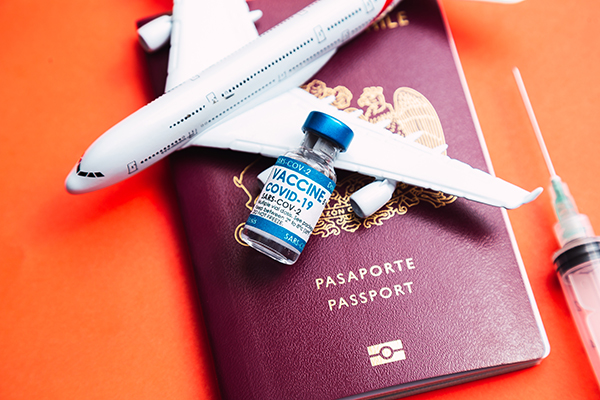
Researchers from the charity analyzed data from a national diet survey that had been conducted in 2015. What they found was that across all age groups, children are consuming far too much sugar in drinks, although there did seem to be an improvement since 2014. For teenagers, sugar-sweetened beverages are their primary mode of consuming added sugars. (RELATED: Learn more about disease promoting food ingredients at Ingredients.news)
According to the BBC, a five-year-old child should have no more than 19g of sugar in a day, a 10-year-old no more than 24g. Teenagers and adults should have no more than 30g. And yet, a single can of soda contains 9 teaspoons of sugar -- equivalent to 35 grams!
The survey data analyzed indicates that teens in the UK consume more than 234 cans of soda per year, on average. National Diet and Nutrition Survey data from 2008 to 2012 indicates that the average teenager in the United Kingdom consumes 74 grams of added sugars every day, which equates to 15.6 percent of their total calorie intake. A staggering 40 percent of that added sugar comes from soft drinks.
Of course, teens in the United States have not fared much better. Reports have indicated that adolescents in the US get a whopping 20 percent of their total daily energy intake from added sugars. Half of that sugar comes from sugar-sweetened beverages like sodas, sports drinks and energy drinks. What happened to drinking water?
Mass overconsumption of sugar is a problem in both the United States and the United Kingdom -- that is very clear. There are many ill effects associated with excessive sugar intake. The current prevailing theory suggests that taking in too many calories will increase your risk of becoming overweight or obese -- and it is this obesity that increases your risk of diabetes. Many scientists are still debating on whether or not sugar can increase your risk of developing this condition as well, but the evidence is surely mounting.
Researchers from the Stanford University School of Medicine, the University of California-Berkeley and the University of California-San Francisco examined ten years of data from 175 different countries and their findings were published by the journal PLOS One in February 2013. This large-scale epidemiological study has indicated that sugar consumption can indeed influence your risk for developing diabetes, independent of your body weight.
The study's lead author Sanjay Basu, MD, PhD and assistant professor of medicine at the Stanford Prevention Research Center, says that their data suggests that at a population level, there are additional factors that can contribute to diabetes risk besides obesity and total calorie intake. While Basu says that their findings do not diminish the importance of obesity as a risk for diabetes, he states that sugar appears to play a prominent role.
Their findings were really quite shocking. Their data revealed that for every additional 150 calories of sugar available per person per day, the prevalence of diabetes in the population rose 1 percent, even after controlling for obesity, physical activity, other types of calories and a number of economic and social variables. Conversely, 150 additional calories from any type of food only created a 0.1 percent increase in diabetes prevalence.
In other words, sugar has ten times the impact of other foods on diabetes risk, at a population level. More shocking still, is the fact that the researchers also found that the longer a population was exposed to excess sugar, the more this risk continued to increase. The diabetes rate continued to increase along with time exposed to excess sugar, independent of other risk factors like obesity. However, when sugar availability diminished, diabetes risk also decreased, independent of other changes to calorie consumption, physical activity or obesity rates. (Learn more about diabetes science at DiabetesScienceNews.com)
This finding demonstrates the very real risk that excessive sugar consumption poses. Some research has indicated that teenagers may be particularly susceptible to effects of sugar, as well.
It is clear that kids today, and adults, are eating way too much sugar, and it is putting their health at serious risk.
Sources:
Please contact us for more information.























